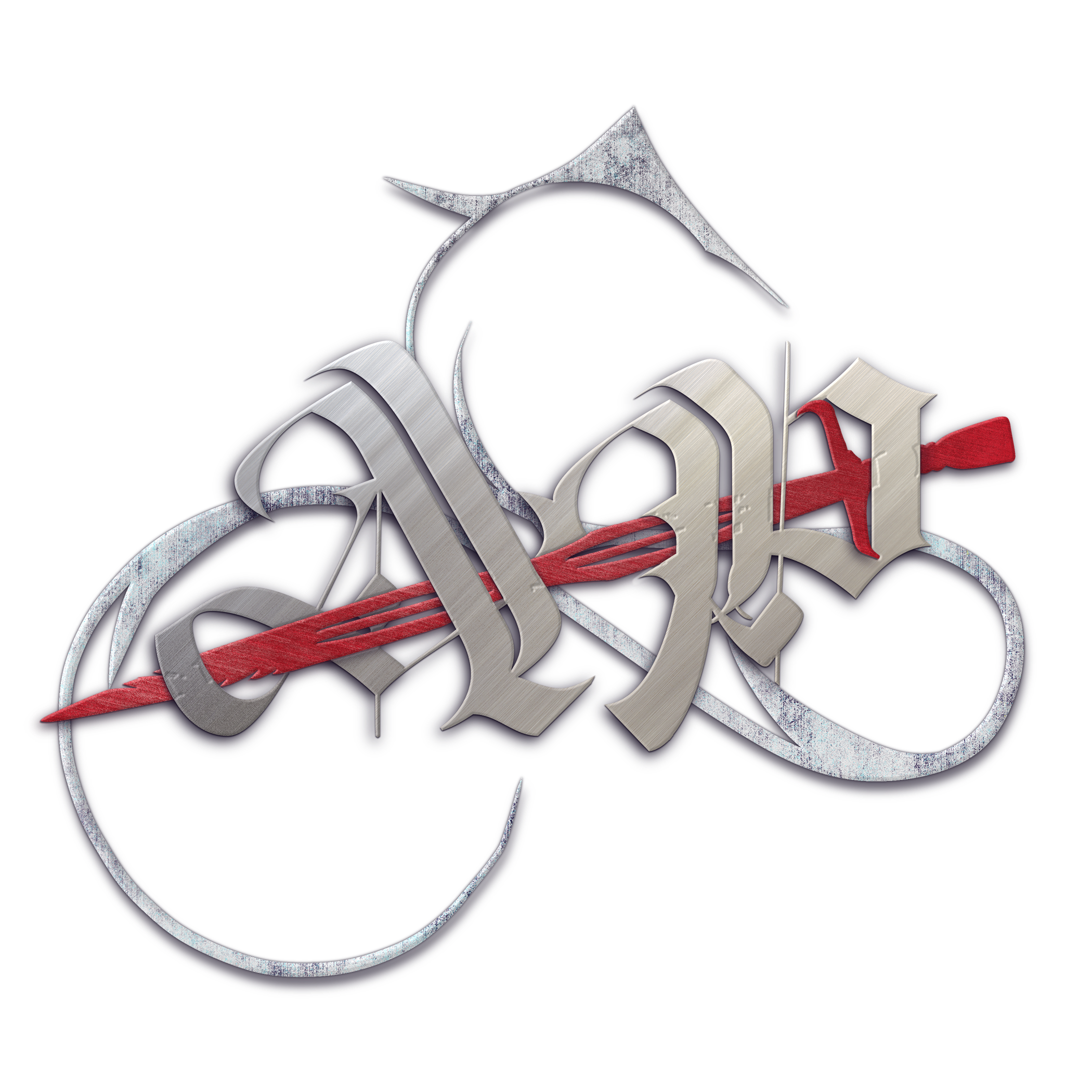You don't have to fear the mighty red pen of your editor!
Many of my writer friends are afraid of their editor. More accurately, they're afraid of the massive overhauls they'll end up doing once their editor sends back their books. Me, I LOVE my editors. In fact, the more they tell me to improve, the happier I am. I want to know how I can do things better the next time, so the more I learn from my current manuscript, the better.
Want to make your editor's job easier and more enjoyable? Want to make sure your manuscript is as red-pen-free as possible? I sat down with a couple of my editor friends and asked them "What can we writers do to make you love us?"
Here is their answer:
The Cliff Notes
- Properly format your documents.
- Give me a setting and character I love.
- Use strong sensory hooks to engage the senses. Sight, smell, sounds: all of these things draw the editor (and your reader) into the story.
- Being forced to ask questions: make us wonder about what's going on.
- Hold your ground and defend the reasons for your story. If there's a reason why it's put that way, let them know.
- Remember the editor is trying to help you tell YOUR story the best possible way. If they can't understand what you're trying to say, neither will the reader.
- Be easy to work with.
- Make each scene count. Eliminate anything that isn't necessary.
- Bring an unfinished manuscript to your developmental editor. Work with them to figure out the best way to tell that story and make your plot work.
- Incorporate past feedback into your work. It shows your skills are growing.
- Build suspense through the plot of the book. Build it up so we enjoy it.
- Make an effort to pass the Bechdel test.
- Don't talk about coffee too much!
- Be unique. Editors love to see something new!
- Follow basic plot structure (three act structure, hero's journey, etc.)
- For plot structure, look up: Scene and Structure by Jack Bickham, The Marshall Plan by Evan Marshall
- Know the rules, but break them anyway. HAVE THE FOUNDATION, and build off it to make your work stand out.
- Don't overdo it on the details. Make the details (action, setting, etc.) relevant, and use it to lead the reader through the story.
- Enjoy the process and learn as you grow. Be open to suggestions.
- Be on time with deadlines.

